COLOMBIA, AMERICA
Lake Fúquene
Lake Fúquene is one of the last remaining wetlands in the high plateau of the Western Colombian Andes, a region where 97% of original wetlands have been lost. In this isolated mountainous ecosystem, unique species flourished over thousands of years. This is why Fúquene, alongside other remnant high-altitude wetlands like Tota Lake, is considered a ‘biodiversity hotspot’ in the region.
Fúquene was declared an Important Bird and Biodiversity Area (IBA) in 2004, and it is also essential for the wellbeing of the local communities thanks to the ecosystem services it offers. For the indigenous peoples living along its shores, Fúquene has always been a sacred being, provider of life.


Biodiversity
As one of the last remaining wetlands in the region, Fúquene is critically important for biodiversity – a true haven for birds, both migratory and resident. This richness is what makes Fúquene special, as it hosts more than 120 bird species, 40 of them waterfowl. For some of them, Fúquene is one of their last refuges. It’s the case of the Apolinar’s Wren (Cistothorus apolinari) or the Bogota Rail (Rallus semiplumbeus), both endemic of this area of the High Andean Plateau, and part of the IUCN Red List.
But Fúquene’s wildlife includes more than birds. The lake harbours one crustacean species and 7 different fish, 3 of them endemic.
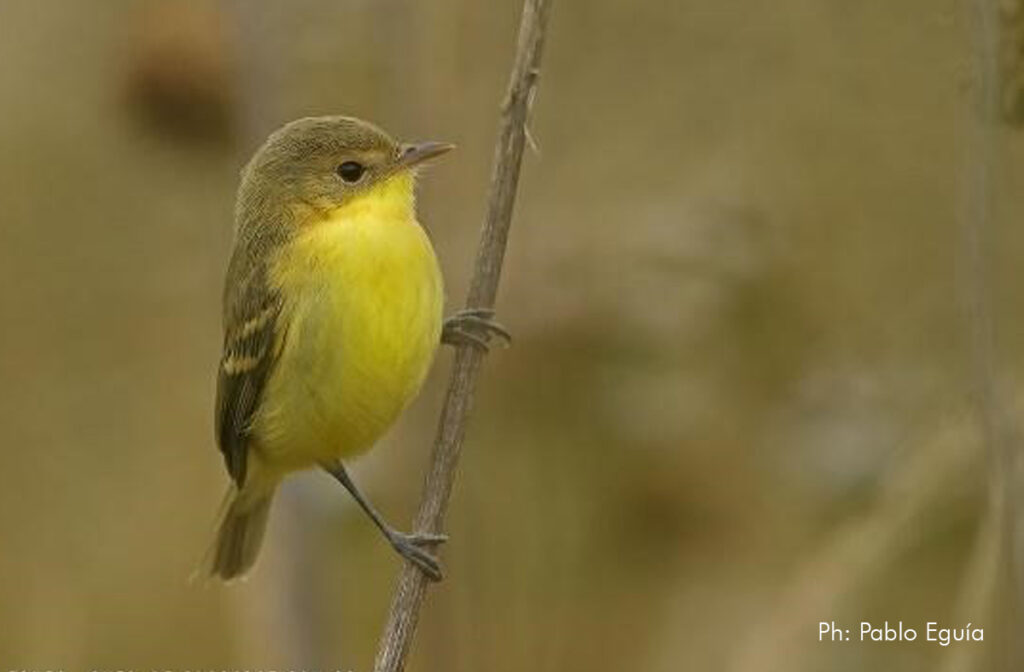
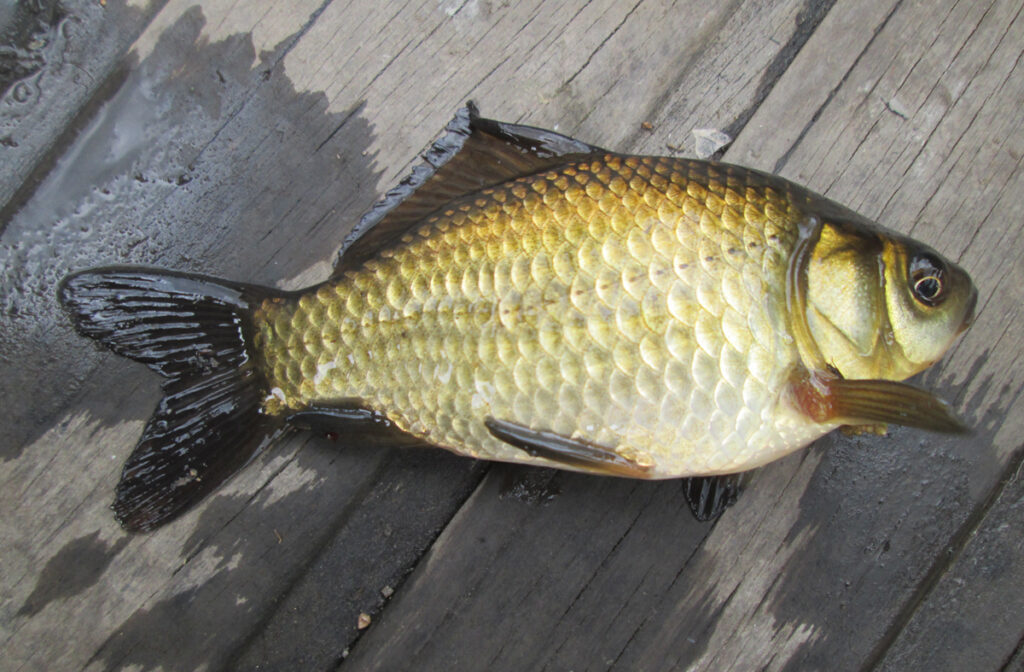
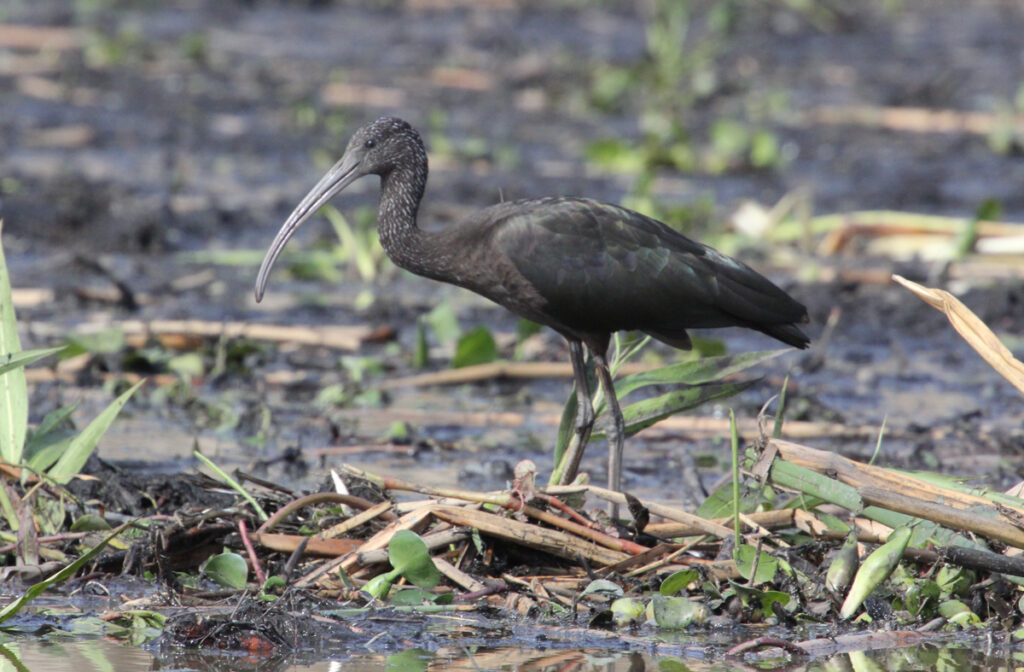
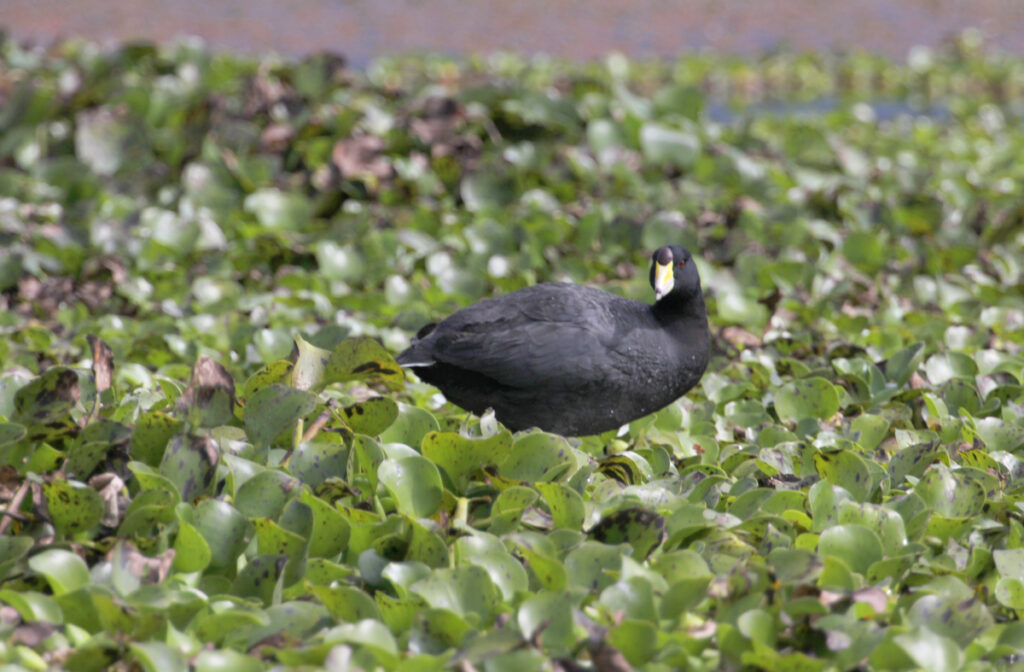


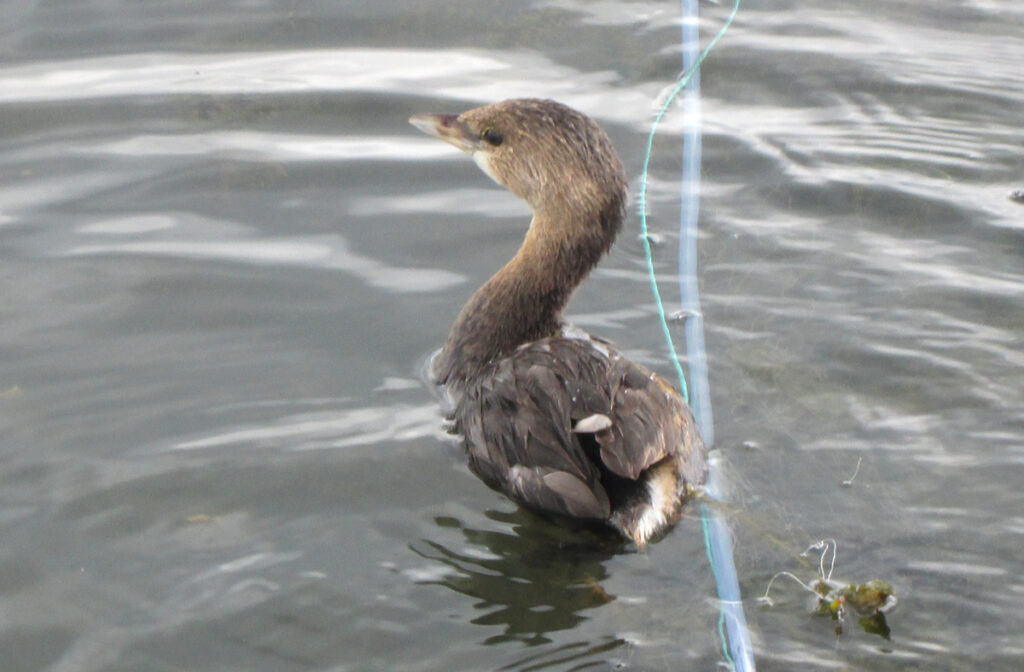
Highlighted Species

Apolinar’s Wren
Cistothorus apolinari
An endemic species threatened
by habitat loss

Subtropical Doradito
Pseudocolopterix acutipennis
This tiny bird is critically endangered in Colombia.

Capitán de la Sabana
Eremophilus mutisii
An endemic species in the region

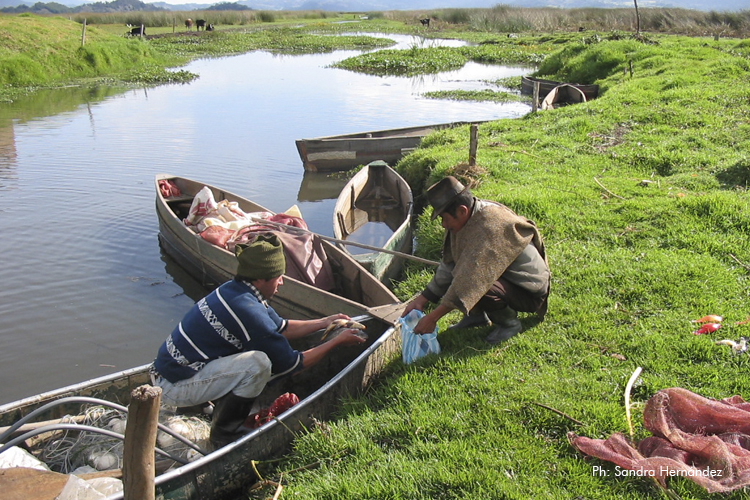
Local Communities
Lake Fúquene empties into the Suárez River and provides freshwater to thousands of people living in its valley, as well as to the 66,000 inhabitants of the city of Chiquinquira, which receives lake water through an aqueduct.
For the local communities living along its shores, the lake is a source of meat (fish and birds) and of raw materials for crafts. The lake is also an important tourist destination in the region, so many people also make their living in the recreation or hospitality sector.
Besides from its ecological and economical value, the lake has also a sacred value for the Muisca indigenous communities that have been inhabiting its basin for thousands of years.
Threats
A bloom of invasive aquatic plants, due to an acute eutrophication process, is choking the shallow Lake Fúquene. The cause is the reduction of water reaching the lagoon by 50% in the last decades, while at the same time, wastewater discharges from nearby communities and nutrient run-off from livestock and agriculture have increased.
As in many other high Andean lakes, its watershed is extremely degraded and suffers from severe erosion, which has led to a doubling of the sedimentation rate in the lake’s basin. The destruction of the riparian forest for the development of hydraulic works has also affected the lake’s natural dynamics.
Thus, the unique biological richness, ecological integrity and the beauty of Fúquene could be lost forever if urgent action is not taken to protect the lake.
Lake Fúquene was assigned as Threatened Lake of the Year by the Living Lakes Network in 2011.
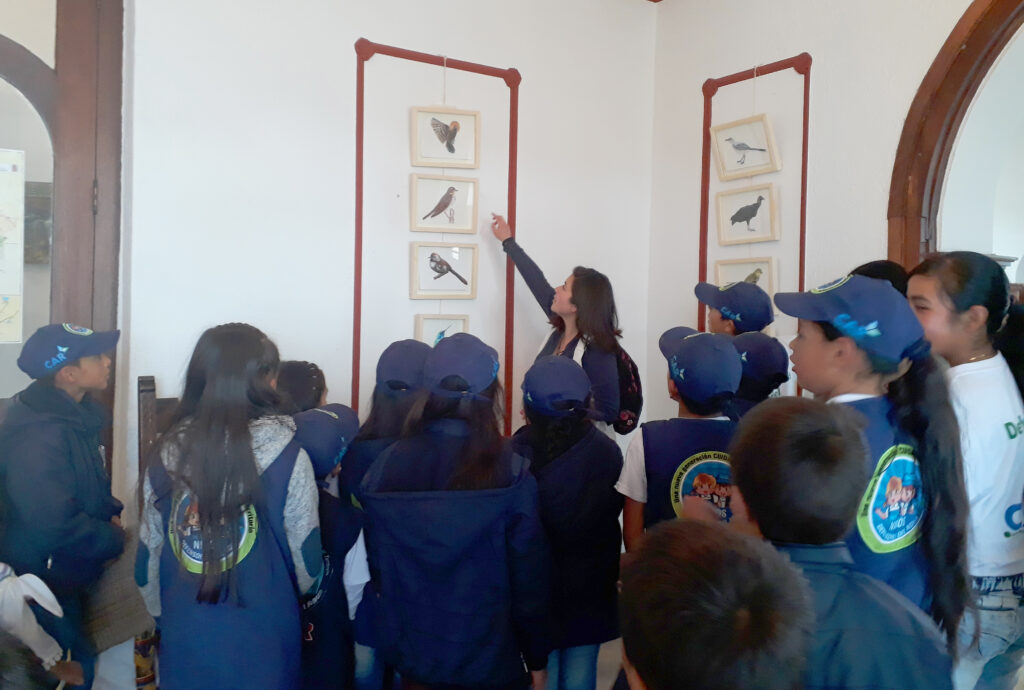
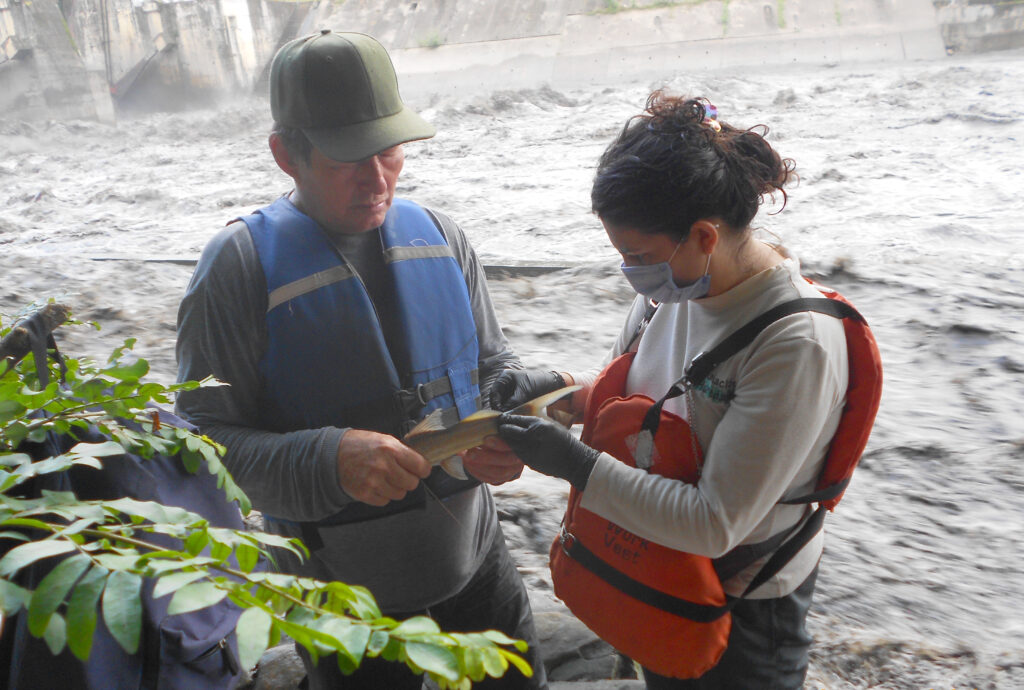
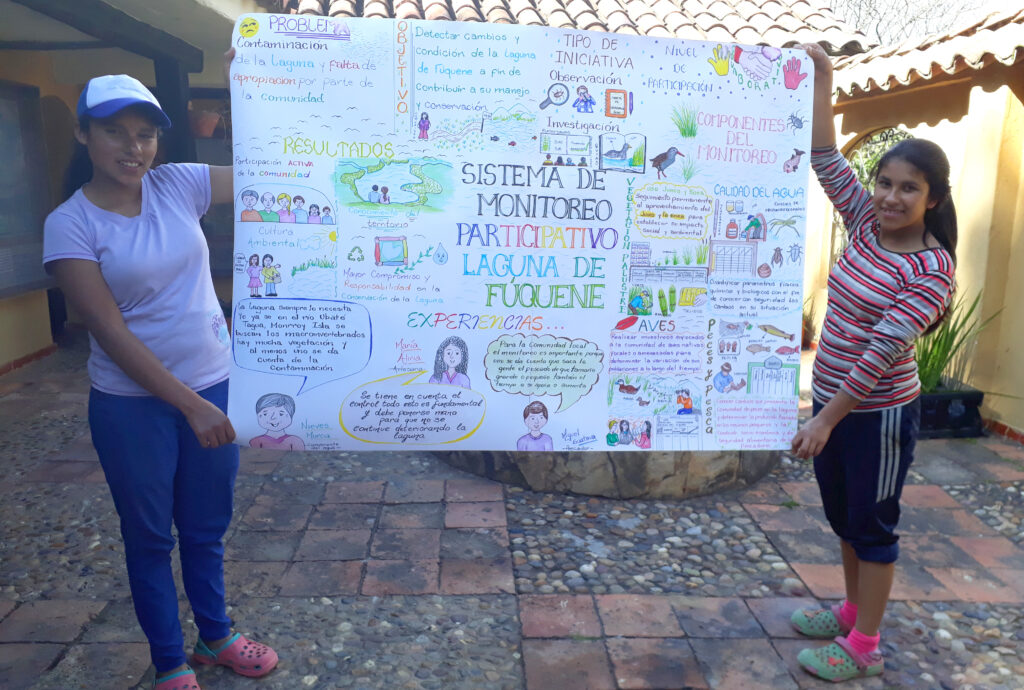
Our Work
As part of the Living Lakes Biodiversity & Climate Project, Fundación Humedales seeks to build better territorial planning and management in the Lake Fúquene basin, under a participatory approach, involving local communities, the productive sector and the public sector.
We will work on the promotion of nature-based solutions to address the serious environmental problems of the wetland, while boosting climate adaptation, closely engaging the communities. The project aims to build capacity among civil society, especially among young people and women, providing them with the necessary tools to make their voices heard in decisions concerning the lake’s future.
Three innovative initiatives will be launched by Fundación Humedales to show that better and truly participatory management is possible:
– Strengthen women’s associations dedicated to the cultivation of indigenous varieties, better adapted to climate change, and provide them with tools to improve the marketing of their products.
– Promote good agricultural practices to reduce erosion and restore the biodiversity associated with productive landscapes.
– Initiate a community-based lake monitoring, to assess the ecological status of the lake (monitoring variables such as temperature, oxygen or nutrient levels, or transparency) and the presence of invasive species.



